Discover the expert strategies and tools you need to manage rentals like a pro and maximize your investment potential today!
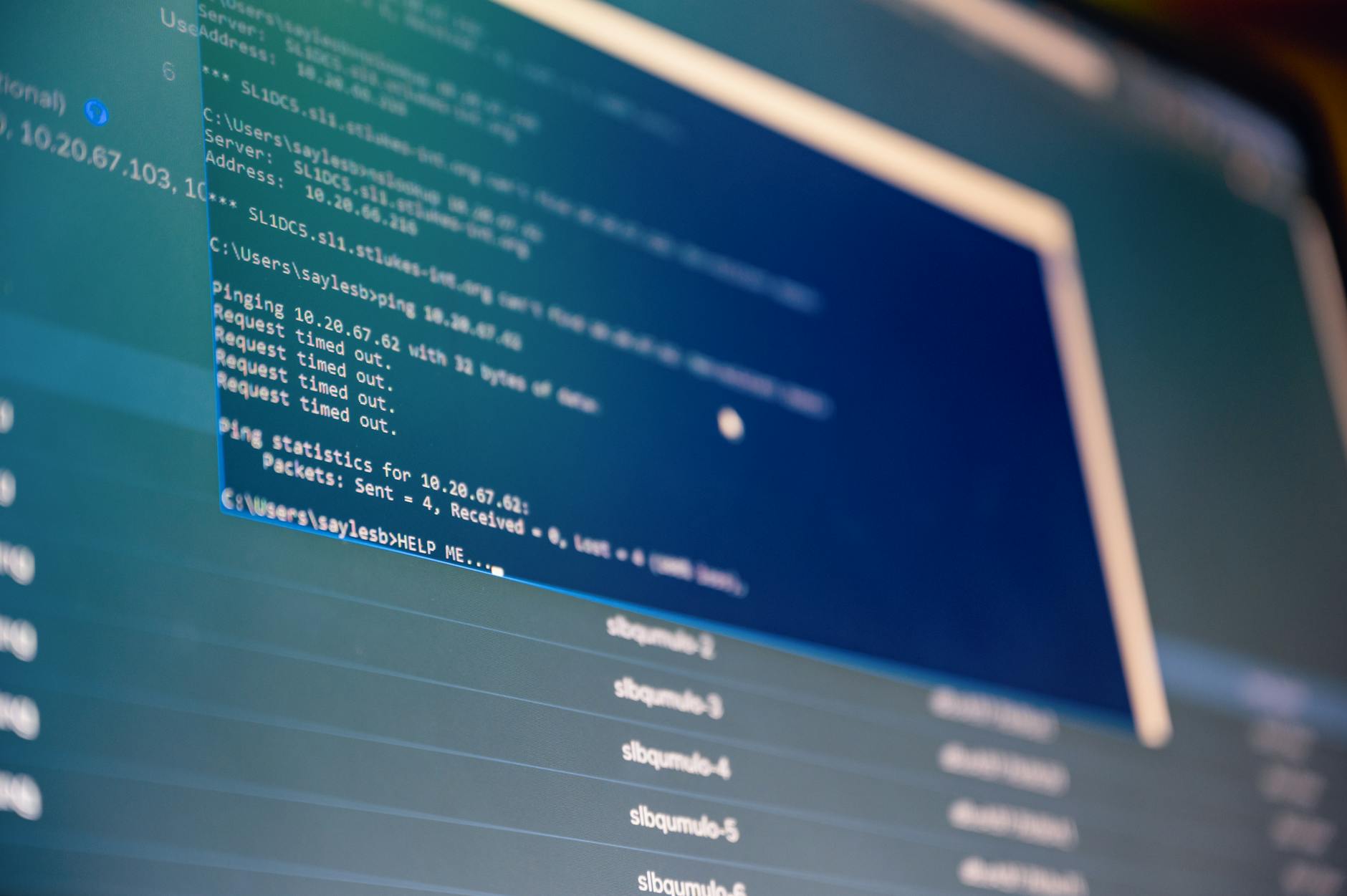
Image courtesy of Brett Sayles via Pexels
Table of Contents
- Getting Started with Rental Management
- Mastering Rental Management Strategies
- Optimizing Your Rental Operations
- Finding and Keeping Great Tenants
- Financial Management for Property Managers
- Maintenance and Repairs Done Right
- Property Inspections and Safety
- Navigating Legalities and Laws
- Expanding Your Rental Business
- Conclusion
- Frequently Asked Questions (FAQs)
Getting Started with Rental Management
We’ll explore the basics of what it means to manage a rental property and provide top tips for new property managers just getting started.
What is Rental Management?
rental management is the process of overseeing a property that is rented out to tenants. As a property manager, your role is to ensure that the property is well-maintained, the rental income is collected on time, and the tenants are satisfied. It’s crucial for property managers to be informed and prepared to handle any issues that may arise.
Top Beginner Tips
For new property managers just starting out, here are some easy-to-follow tips to help you get ahead in managing your rentals:
1. Keep detailed records of all communication with tenants and maintenance work.
2. Establish clear rental policies and make sure tenants understand them.
3. Regularly inspect the property to catch any maintenance issues early.
4. Be responsive to tenant concerns and address them promptly.
5. Stay organized with rent collection and keep track of all financial transactions.
Mastering Rental Management Strategies
Digging into the strategies that can make rental management easier and more effective for property managers. Let’s explore the best practices for mastering the art of rental management.
Strategic Planning
When it comes to managing rental properties, strategic planning is crucial. By taking the time to plan ahead, property managers can save time, reduce stress, and ensure that operations run smoothly. Creating a schedule for regular property inspections, setting up a system for rent collection, and anticipating maintenance needs can all be part of strategic planning. By having a clear strategy in place, property managers can stay organized and on top of their responsibilities.
Implementing Best Practices
Implementing best practices is another key aspect of successful rental management. Property managers should focus on activities that keep rental operations running smoothly and professionally. This can include responding promptly to tenant inquiries and requests, maintaining open communication with tenants, and addressing maintenance issues in a timely manner. By implementing best practices, property managers can build positive relationships with tenants, reduce turnover, and create a well-managed rental property.
Optimizing Your Rental Operations
When it comes to managing rental properties efficiently, optimizing your rental operations is key. By streamlining your processes and utilizing the right tools, you can make your job as a property manager much easier. Let’s explore some strategies to enhance the efficiency of your rental operations.
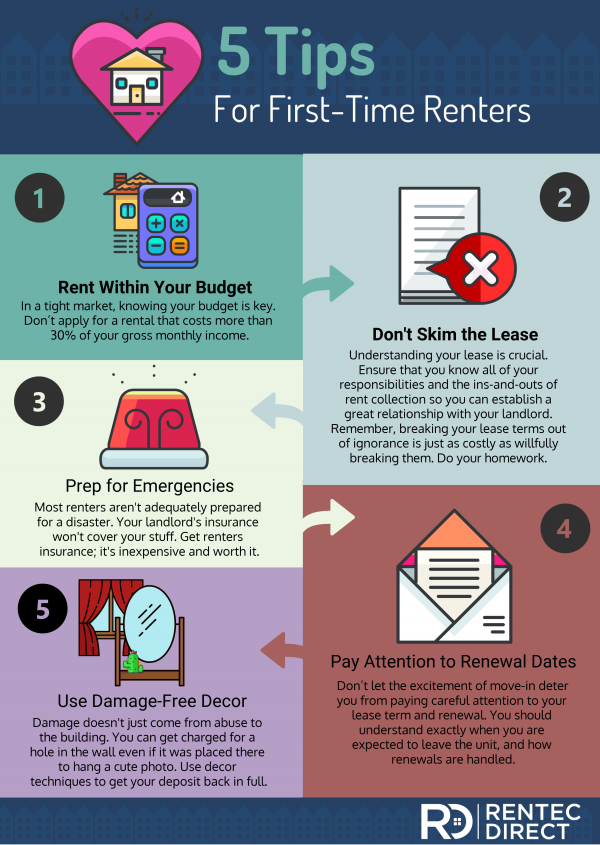
Image courtesy of www.rentecdirect.com via Google Images
Efficiency is Key
Efficiency in rental operations means finding ways to minimize time-consuming tasks, reduce costs, and maximize productivity. By optimizing your processes, you can focus on what matters most – keeping your tenants happy and your properties well-maintained. Embracing efficiency can lead to better tenant satisfaction, higher retention rates, and ultimately, a more successful rental business.
Tools of the Trade
There are various tools and software available that can help property managers optimize their rental operations. From property management software that helps with rent collection and maintenance requests to online marketing tools that streamline tenant screening and leasing processes, investing in the right tools can vastly improve the efficiency of your rental business. By utilizing technology to automate repetitive tasks and simplify complex processes, you can save time and reduce the likelihood of errors, leading to a more streamlined and organized rental operation.
Finding and Keeping Great Tenants
Learn how to attract the right tenants and keep them happy so they stay longer.
Attracting Tenants
When looking for new tenants for your rental property, it’s essential to advertise in the right places. Consider online platforms, social media, and local real estate listings. Make sure your rental listing includes all the necessary information about the property, such as the number of bedrooms and bathrooms, amenities, and rental terms. Highlight any unique features that make your property stand out from the competition.
The Key to Tenant Retention
Keeping existing tenants happy is vital for ensuring they stay long-term in your rental property. Respond promptly to maintenance requests and address any concerns they may have. Establish clear communication channels, so tenants feel heard and valued. Consider offering incentives for lease renewals, such as a small discount or a gift card. By cultivating a positive relationship with your tenants, you can reduce turnover and increase satisfaction.
Financial Management for Property Managers
As a property manager, handling finances is a crucial aspect of your job. Let’s dive into some tips and best practices to help you effectively manage the financial side of your rental business.
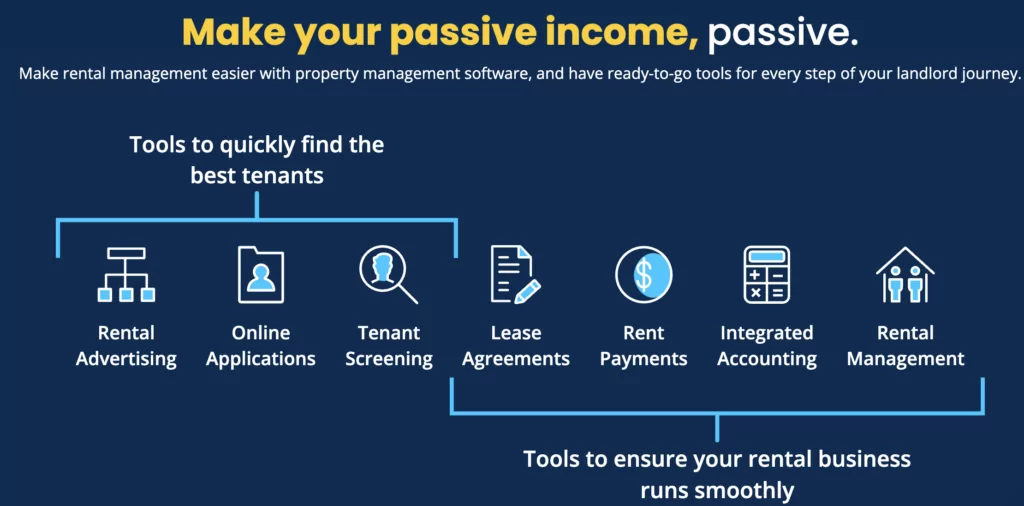
Image courtesy of www.baselane.com via Google Images
Collecting Rent Like a Pro
One of the most important tasks for a property manager is collecting rent. To ensure consistent and timely payments, it’s essential to set up a system that makes it easy for tenants to pay. Consider offering online payment options or setting up automatic reminders to prompt tenants to pay on time. Clear communication and a consistent approach to rent collection can help you avoid payment delays and late fees.
Smart Budgeting for your Properties
Managing the financial health of your rental properties requires careful budgeting. Start by creating a detailed budget that includes all income and expenses related to each property. This can help you track your cash flow, identify areas where you can cut costs, and plan for future expenses. It’s also important to set aside a portion of your rental income for maintenance and repairs to avoid unexpected financial strain. By staying on top of your finances and budgeting wisely, you can ensure that your rental business remains profitable and sustainable.
Maintenance and Repairs Done Right
Learn the best ways to handle maintenance issues and repairs, keeping tenants happy and protecting the value of the property.
Regular Maintenance Schedule
Setting up a regular maintenance schedule is crucial for keeping your rental property in top shape. By conducting routine checks and maintenance tasks, you can catch minor problems before they escalate into costly repairs. This can save you time, money, and hassle in the long run. Make sure to include tasks like checking for leaks, inspecting HVAC systems, and testing smoke alarms on your maintenance schedule.
| Feature | Description | Benefits |
|---|---|---|
| Automated Rental Management | Utilize rental management software to automate processes such as rent collection, maintenance requests, and lease agreements. | Increases efficiency and reduces manual errors in managing rental properties. |
| Online Tenant Screening | Screen potential tenants using online tools to verify their background, credit history, and rental references. | Improves the quality of tenants and reduces the risk of rental defaults or property damage. |
| Maintenance Tracking | Keep track of maintenance requests, repairs, and scheduled inspections to ensure timely maintenance of rental properties. | Prevents property deterioration and enhances tenant satisfaction with well-maintained properties. |
| Financial Reporting | Generate financial reports such as income statements, balance sheets, and rent roll to monitor the financial performance of rental properties. | Helps in analyzing the profitability of rental properties and making informed financial decisions. |
Dealing with Repairs
When it comes to handling repair requests from tenants, prompt and effective communication is key. Respond to repair requests as soon as possible to show your tenants that you care about their well-being and comfort. Prioritize urgent repairs like plumbing issues or electrical problems to ensure the safety of your tenants. Establish a reliable network of maintenance professionals or contractors you can call on when needed to get the job done efficiently.
Property Inspections and Safety
Property inspections are an essential part of managing a rental property. Regular inspections help ensure that your property is well-maintained and safe for your tenants. Let’s delve into the details of property inspections and how they contribute to the safety of your rental.
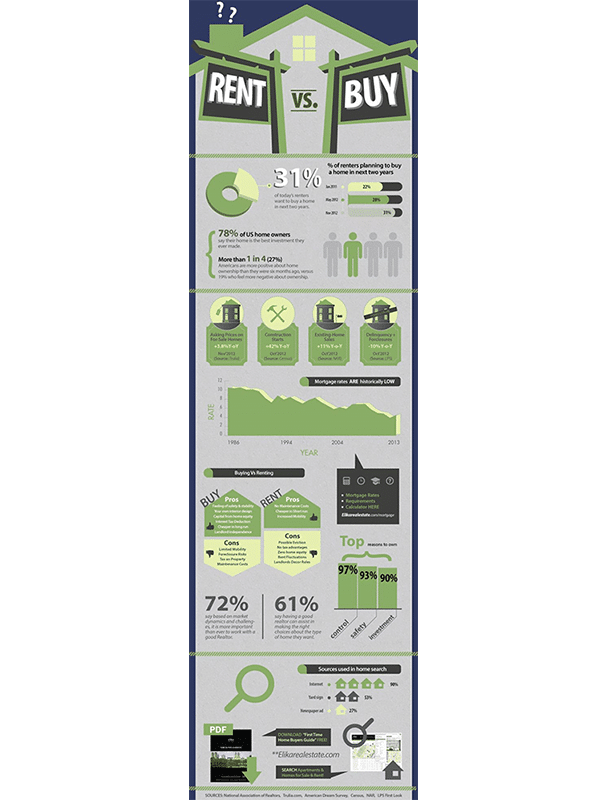
Image courtesy of theclose.com via Google Images
Conducting Thorough Inspections
When conducting inspections, it’s crucial to pay attention to various aspects of your property. Check for any signs of damage, such as leaking faucets, cracked walls, or faulty electrical outlets. Make sure that all safety features, such as smoke detectors and fire extinguishers, are in good working condition. It’s also important to inspect outdoor areas, like the yard and driveway, to ensure they are well-maintained and safe for tenants.
Property inspections should be conducted regularly, ideally at least once a year. However, more frequent inspections may be necessary if you have specific concerns about the property or if there have been prior issues that require monitoring.
Keeping Tenants Safe
Ensuring the safety of your tenants should be a top priority as a property manager. Be proactive in addressing any safety concerns that arise during inspections. It’s important to fix any issues promptly and communicate with your tenants about any necessary precautions they should take to stay safe in the property.
Additionally, familiarize yourself with local safety regulations and requirements to ensure that your rental property meets all necessary standards. This may include installing carbon monoxide detectors, providing adequate lighting in common areas, or maintaining clear pathways for emergency exits.
Navigating Legalities and Laws
Understanding the legal aspects of rental management is crucial to protect yourself and your property. Let’s dive into some key points to keep in mind when it comes to the legal side of managing rentals.
Know Your Rights and Responsibilities
As a property manager, it’s essential to be aware of your rights and responsibilities under the law. This includes understanding the terms of the lease agreement, knowing when and how to conduct property inspections, and being familiar with eviction procedures if necessary. By staying informed about your legal obligations, you can ensure smooth operations and avoid potential conflicts with tenants.
Staying Compliant
To run a successful rental property business, it’s important to stay compliant with all legal requirements. This includes adhering to building codes, following fair housing laws, and keeping up with any changes in landlord-tenant regulations. By staying proactive and ensuring your rental property meets all legal standards, you can protect yourself from potential legal issues and penalties down the line.
Expanding Your Rental Business
As a property manager, you might reach a point where you feel ready to expand your rental business and take on more properties. This can be an exciting but challenging step. Here are some ideas and strategies to help you grow your portfolio of rental properties and scale your business successfully.
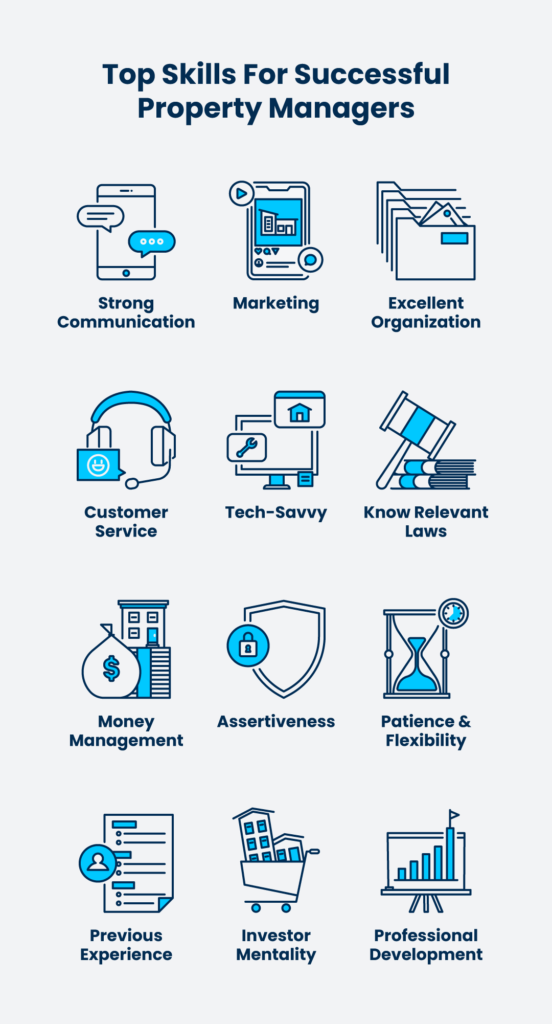
Image courtesy of www.turbotenant.com via Google Images
Building Your Rental Empire
One of the key strategies for expanding your rental business is to gradually increase the number of properties you manage. Start by setting clear goals for how many additional properties you’d like to take on in the next year or two. This goal will guide your actions and help you stay focused on growth.
Consider diversifying your rental portfolio by investing in different types of properties or targeting new markets. This can minimize risks and open up new opportunities for higher returns on investment. Research the market trends and identify areas with high rental demand and potential for growth.
Networking and building relationships with other real estate professionals can also help you expand your business. Attend industry events, join real estate associations, and connect with other property managers and investors. Collaborating with others can provide valuable insights, resources, and potential opportunities for growth.
Reinvesting in Your Business
Investing back into your business is crucial for sustainable growth and success. Allocate a portion of your rental income towards improving your existing properties, upgrading amenities, and enhancing the overall rental experience for tenants. This can help increase property value, attract quality tenants, and generate higher rental income.
Continuous professional development is also essential for property managers looking to expand their rental business. Stay updated on industry trends, attend training workshops, and consider obtaining relevant certifications. The more knowledge and skills you acquire, the better equipped you’ll be to manage a larger portfolio of properties effectively.
Remember, expanding your rental business requires careful planning, dedication, and a willingness to adapt to new challenges. By implementing these strategies and investing in your growth, you can take your property management business to the next level and achieve long-term success.
Conclusion
In conclusion, managing rental properties requires attention to detail, organization, and a customer-service mindset. By following the tips and strategies outlined in this article, aspiring property managers can optimize their rental operations, attract and retain great tenants, handle finances effectively, maintain properties properly, navigate legalities, and even expand their rental business.
Remember, efficiency is key in rental management. Using the right tools and software can streamline operations and save time. Keeping tenants satisfied is crucial for tenant retention and reducing turnovers. Regular maintenance checks can help prevent big repair issues in the future. Understanding and complying with legal requirements is essential to protect yourself and your property.
Ultimately, successful property managers prioritize professionalism, communication, and continuous learning. By implementing the best practices discussed here, property managers can navigate the challenges of rental management and create a successful and sustainable rental business.
Frequently Asked Questions (FAQs)
How often should I inspect my rental property?
It is recommended to conduct thorough inspections of your rental property at least once every six months. Regular inspections help identify any maintenance issues early on, ensuring the property remains in good condition and that any necessary repairs are promptly addressed.
What should I do if a tenant is late on rent?
If a tenant is late on rent, communicate with them as soon as possible to understand the reason for the delay. Establish a clear protocol for late payments in your lease agreement and follow it consistently. Offer payment plans if needed, but also be firm in enforcing consequences for late payments to ensure rent is paid on time in the future.
How much should I set aside for property maintenance?
As a general rule of thumb, it is recommended to set aside around 1% to 3% of your property’s value each year for maintenance expenses. However, the actual amount may vary depending on the age and condition of the property. It’s essential to budget for routine maintenance, as well as unexpected repairs, to ensure the property remains in good shape and to avoid costly issues in the long run.
Idaho Poperty Management
